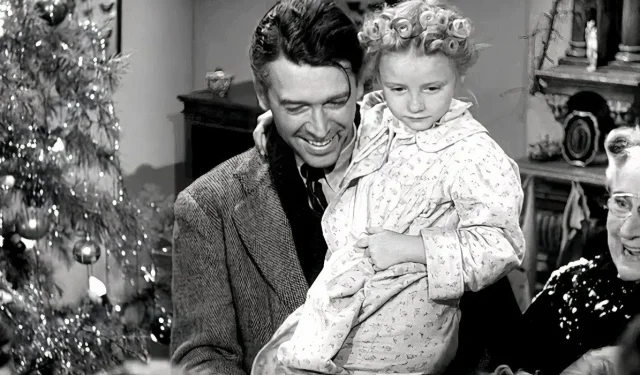
Guillermo del Toro recently shared his compelling perspective on why the 1946 classic film, It’s a Wonderful Life, holds a special place in his heart during the holiday season. This time of year, with its myriad holiday films, serves as a beautiful backdrop for social connections and emotional reflections. The Christmas movie genre encompasses a wide array of storytelling methods—from romantic comedies to poignant dramas and even horror—making the holidays a versatile canvas for filmmakers. Over time, the integration of Christmas themes has spawned a treasure trove of imaginative and memorable narratives.
Take, for instance, the beloved Home Alone franchise, which emphasizes the significance of family through a comedic lens packed with slapstick humor. Conversely, for those who sought a deeper emotional exploration, the breathtaking performances by Cate Blanchett and Rooney Mara in Carol offered a poignant narrative. Horror enthusiasts were thrilled with 2015’s Krampus, featuring Adam Scott and Toni Collette, a perfect blend of folklore and B-movie charm. Additionally, Jon Favreau’s Elf, starring Will Ferrell, continues to be a beloved holiday favorite thanks to its infectious cheer.
Guillermo del Toro Explores His Affection for It’s A Wonderful Life
A Yearly Tradition for Del Toro
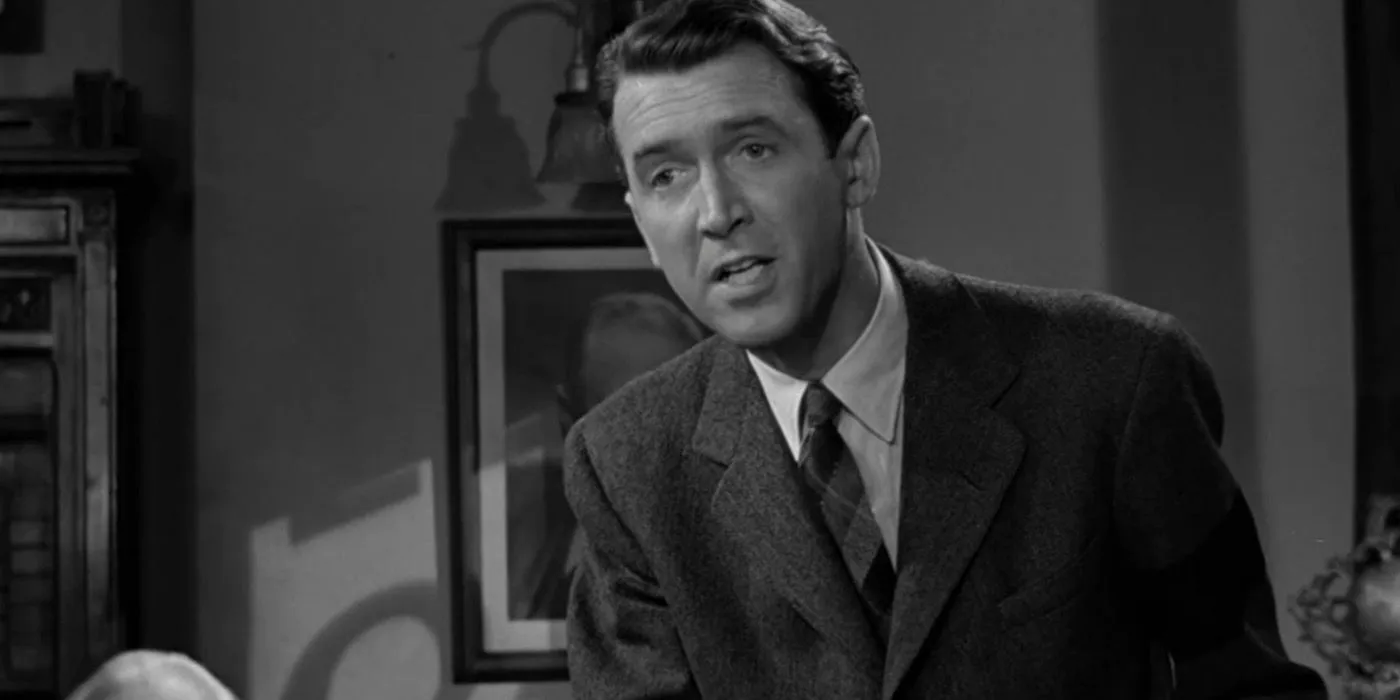
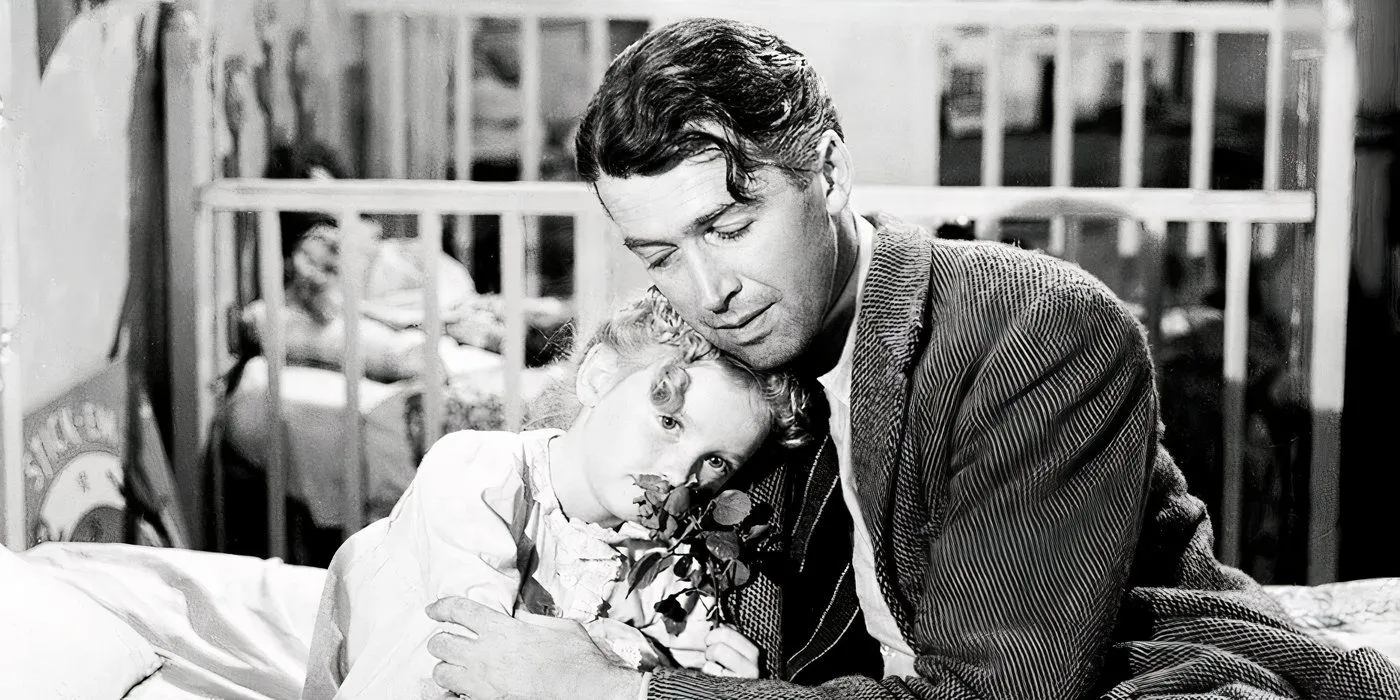
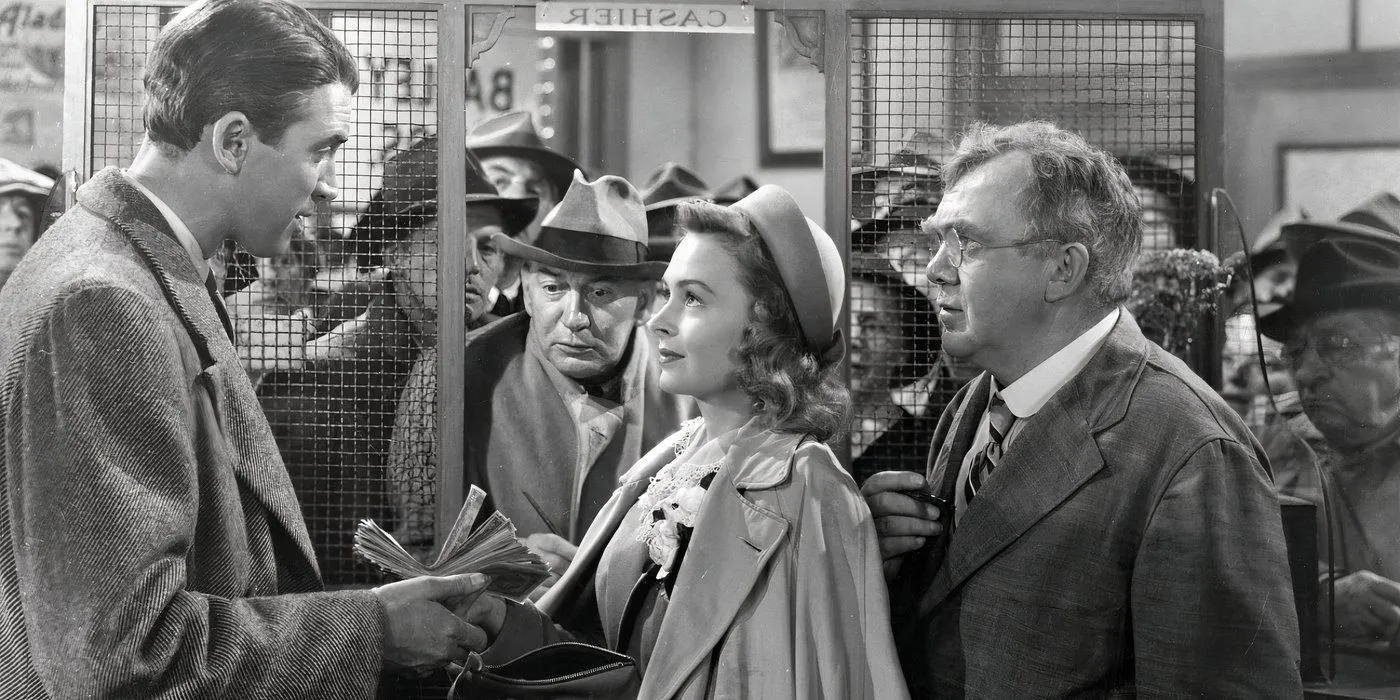
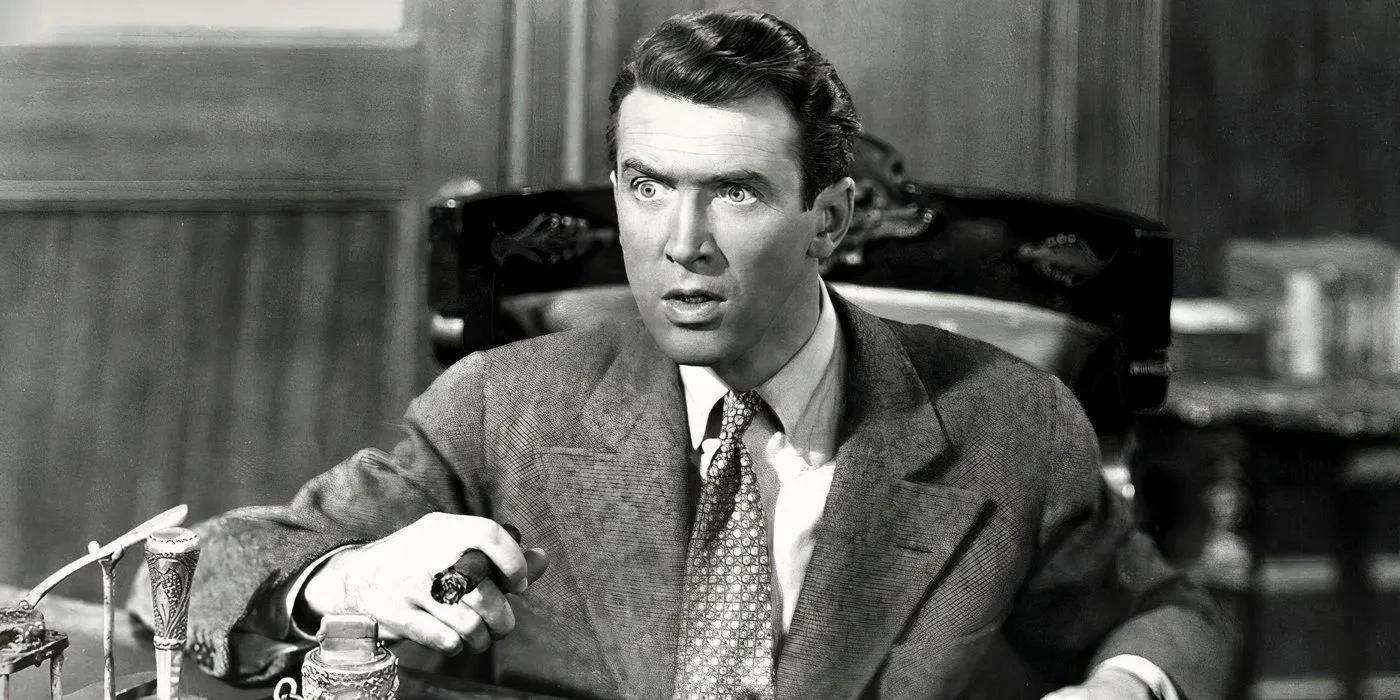
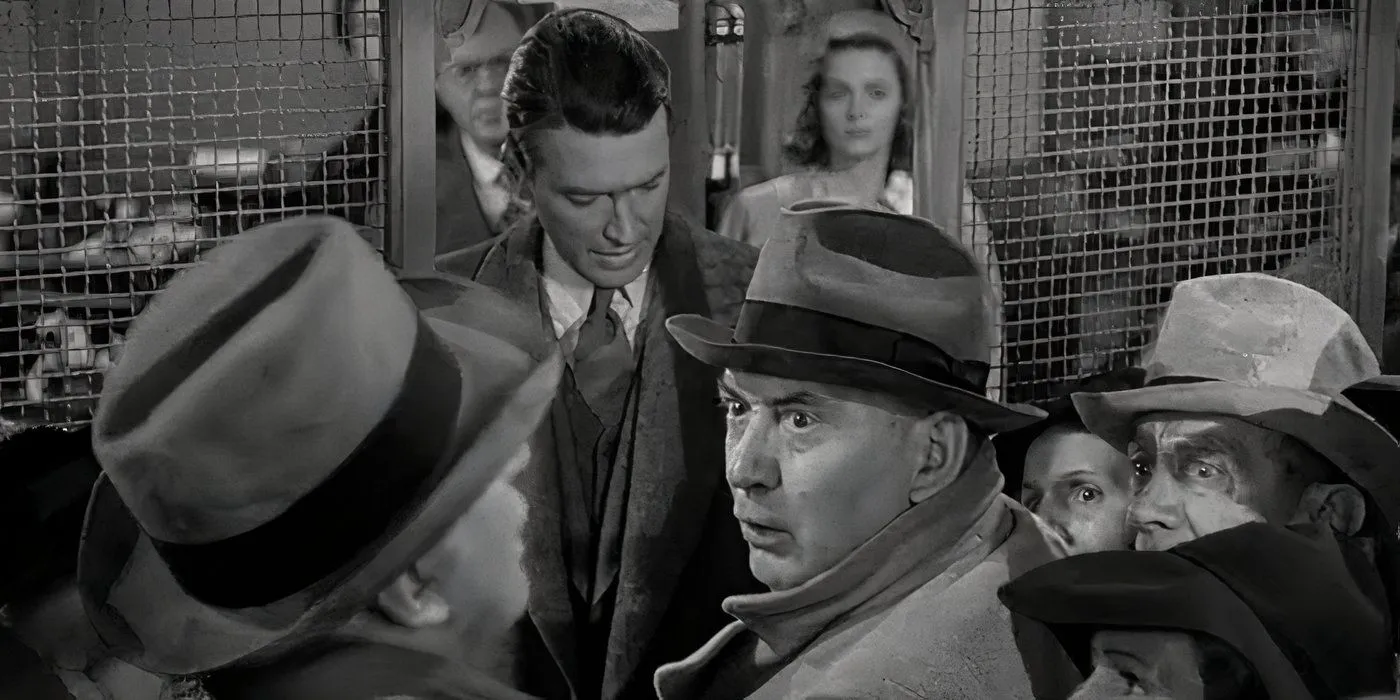
Del Toro articulated his admiration for It’s A Wonderful Life, directed by Frank Capra, highlighting its initially negative reception and underwhelming box office performance. Yet, this film’s profound narrative of regret and dreams ultimately solidified its status as a timeless classic, encapsulating the magic of the holiday season.
In a discussion with BFI, del Toro described his fondness for the film as rooted in Capra’s intricate direction and the darker elements of the plot. He noted how Capra presented audiences with a charming yet haunting reflection of American society, labeling the film “a nightmare that is adjacent to the American Dream and the American psyche.” Del Toro’s emotional connection runs deep; he experiences tears during multiple viewings and has cherished the tradition of watching it each year with his family. Below are his full reflections:
It’s a Wonderful Life is one of my favourite movies for many reasons. I find it fascinating that Capra, an immigrant [from Italy], gave back America a view of itself that was more lovely and wholesome than it really was, and at the same time darker and more nightmarish than movies tended to imagine. Like Walt Disney, Capra is very often misinterpreted as an eternal optimist, but the nightmarish nature of the dark episodes in It’s a Wonderful Life demonstrate that he understands terror, that he understands darkness.
It’s a nightmare that is adjacent to the American Dream, and to the American psyche. There’s always this creepier, darker, edgier side to the Norman Rockwell goodness. The hopefulness of the ending only exists in contrast.
To me it’s perfectly timed, in terms of comedic tone and delivery and melodrama. It’s a movie that it would be impossible to go through without that final release. In a strange way, it’s the greatest ‘What if?’ speculative fiction.
I first saw it as a kid on TV, and every time I see it, it’s inevitably one of those movies that makes me cry three, four times. We watch it in the cinema every year around Christmas, and we watch it on TV at least another time, because it’s just impeccable.
Our Reflection on Guillermo Del Toro’s Favorite Holiday Movie & His Insights
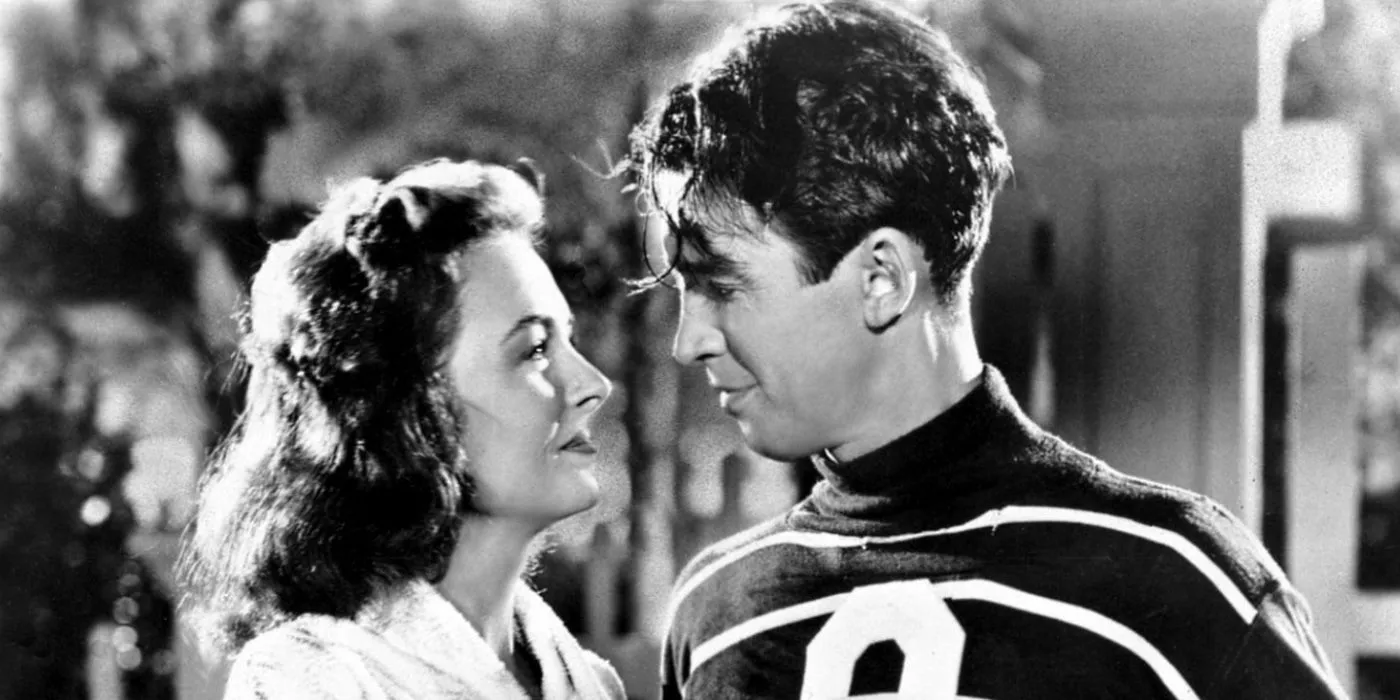
Del Toro’s interpretation of It’s A Wonderful Life channels elements of horror, a fitting perspective given his expertise in the genre. The narrative centers around the contemplation of despair and the vigilant guardian angel depicting poignant flashbacks, creating a juxtaposition that resonates with the darker aspects of humanity.
It is essential to recognize that It’s A Wonderful Life serves as an American adaptation of Dickens’ A Christmas Carol, capturing enduring themes that persist even today despite the grim nature of its story. Given its release shortly after the conclusion of World War II, the film’s initial lack of success is understandable, yet its legacy has grown over the decades.
The film was inspired by the 1943 short story “The Greatest Gift” penned by Philip Van Doren, which echoes the sentiments found in Dickens’ classic tale. This legacy of inspiration cements It’s A Wonderful Life as a cherished favorite for del Toro and many others, offering a perspective enriched by both light and shadow.
Source: BFI




Leave a Reply